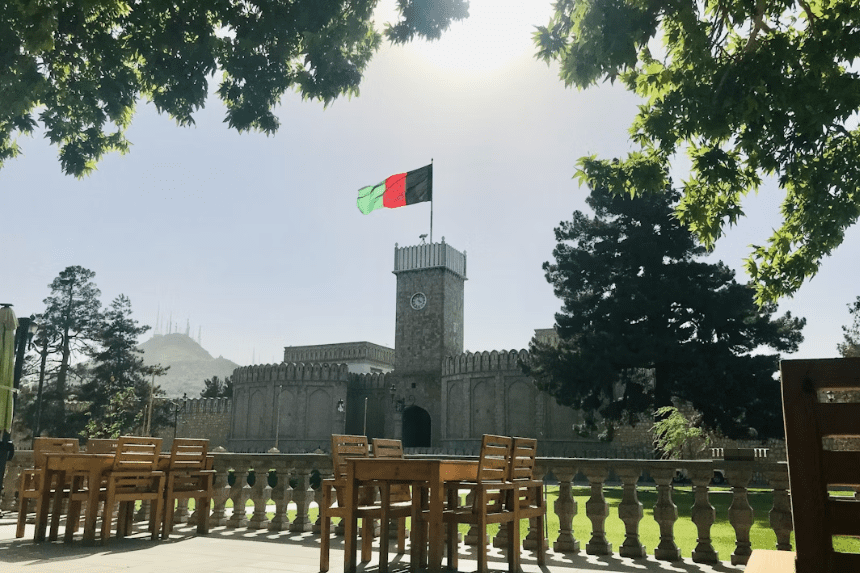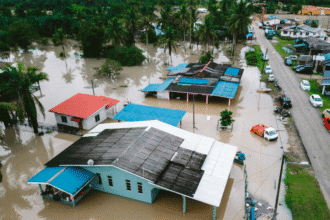The government in Afghanistan has ordered that books written by women be removed from university curricula. This new regulation is part of a decree that also bans the teaching of human rights, sexual harassment, and 18 total academic subjects deemed incompatible with religious law.
About 140 women‑authored works are among 680 books marked for removal. Among them are technical texts such as “Safety in the Chemical Laboratory.” The changes take effect immediately, impacting universities across the country. Authorities claim these steps align with national laws and religious standards.
Which Books and Subjects Are Affected?
The list of banned materials includes purely academic textbooks, scientific papers, and writings by women authors. Women’s studies topics such as Gender and Development, Women’s Sociology, and the Role of Women in Communication are specifically targeted.
Out of the 18 forbidden subjects, six address women’s issues. Furthermore, over 300 books connected to another country’s authorship or publication are also banned. Here is the link to our article on Melania AI Reform.
How Did the Authorities Justify This Move?
Officials stated the changes stem from assessments made by panels of religious scholars and academic experts. The government has cited conflicts with religious doctrine and national policy as reasons for the bans.
They argue that certain content was considered “anti‑religious” or “in conflict with Sharia.” The decree was formally communicated to higher educational institutions via an official letter.
What Effects Are Expected on Universities?
Universities now must remove selected books from reading lists. Professors may need to prepare new materials that comply with the directive. Deans predict a gap in available resources, especially in fields previously shaped by foreign or women’s scholarship.
Some university staff say they will attempt to fill the void by creating new content. However, concerns exist over whether that content can match international academic standards. Here is the link to our article on Trump Education Shakeup.
How Is This Linked to Broader Restrictions?
This move follows earlier restrictions, such as the banning of women from education past sixth grade. Also, midwifery training programs were quietly shut down. Internet access via fiber‑optic networks has been restricted in multiple provinces under claims of curbing immoral content.
Together, these measures raise alarms that educational rights and freedoms are steadily being narrowed under the current regime.
Final Thoughts
This escalation in university censorship marks another intense restriction on women’s rights in Afghanistan. It cuts off their voice and removes women authors from academic spaces. The long‑term cost may include weakened academic quality, isolation from global scholarship, and diminished opportunities for women. If academic diversity cannot return, higher education risks becoming even more narrowly controlled under ideological oversight tied to university censorship.








